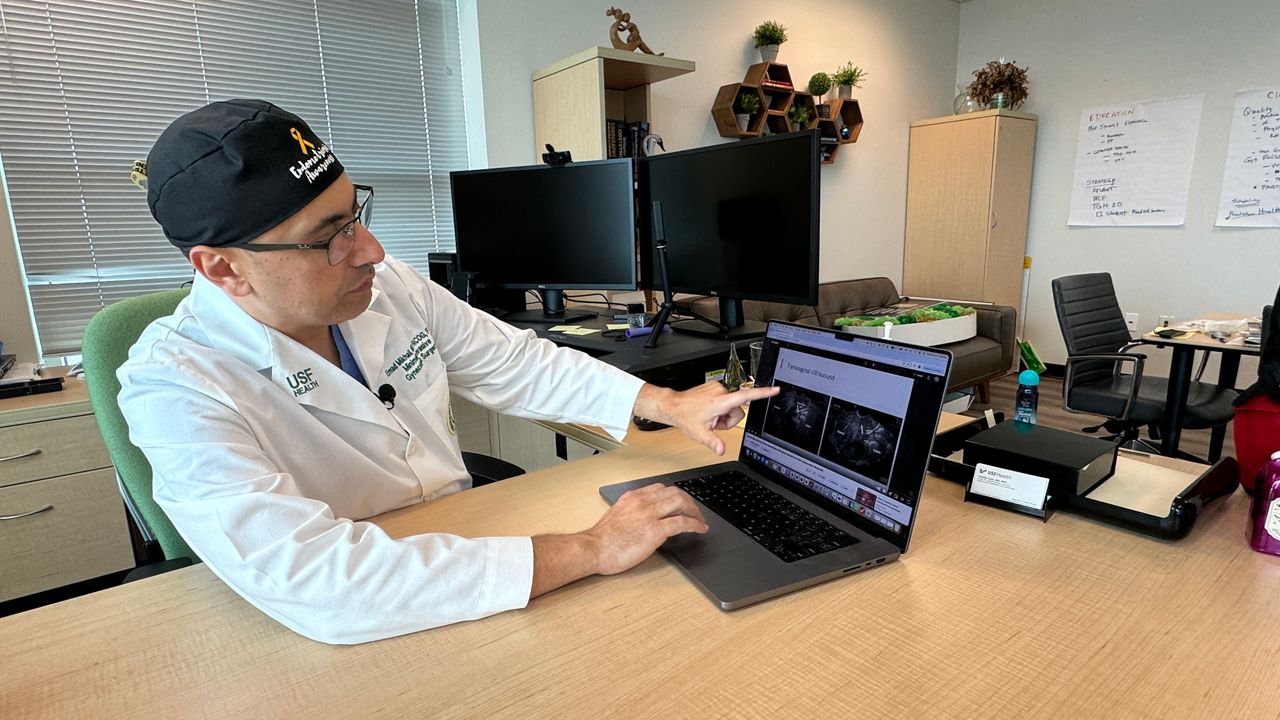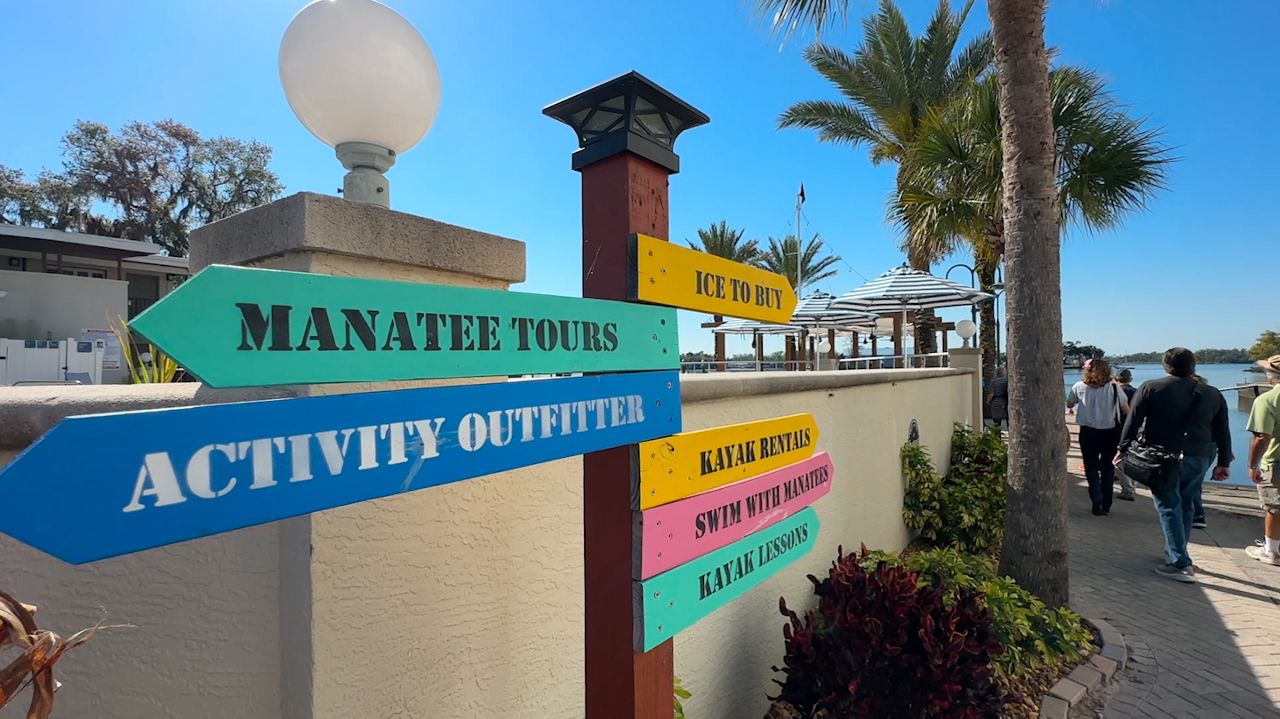DELAND, Fla. — According to the U.S. Bureau of Labor Statistics, more than 10 million Americans act as unpaid caregivers for an elderly parent on a regular basis.
Millions in that group not only have a full- or part-time job, they are also part of the so-called “sandwich generation” — people who find themselves supporting their children and parents at the same time.
What You Need To Know
- According to the U.S. Bureau of Labor Statistics, more than 10 million Americans act as unpaid caregivers for an elderly parent on a regular basis
- Millions in that group not only have a full- or part-time job, they are also part of the so-called "sandwich generation" — people who find themselves supporting their children and elderly parents at the same time
- Stetson University professor Wendy Anderson is part of that group
- She has moved in with her parents to help care for her elderly father and mother, who is in at-home hospice care
Despite the challenges, one Volusia County resident is grateful for the chance to do it.
Ecologist Wendy Anderson finds her moments of peace tending the garden at Stetson University, where she chairs the department of Environmental Science and Studies.
“I think it’s kind of fun that as a department chair,” she said. “I get to spend some of my time every day weeding the garden and trimming blackberries.”
But these quiet moments are few and far between, as she has many responsibilities to take care of.
“I am 55 years old and I am just really peeking at, you know, both my job as well as my roles in the community,” Anderson said. “And, you know, I’m busy all the time. I’m always running from one thing to another. Everybody always wants a piece of me.”
On top of teaching and being a full-time professor and administrator, she’s also an elected leader and mom. Recently, she added yet another role: caregiver for her parents.
“Maybe it’s all I’ve ever done is be a nurturer — nurture the garden, nurture my children, nurture my parents, and nurture my students,” Anderson said. “It’s it just seems to be the way I operate.”
And she’s not alone — information from the Bureau of Labor Statistics shows that about 14% of the population, about 37 million people, provide unpaid eldercare in the United States.
Anderson now lives with her parents in what they call the lacemaker’s cottage — where her mother, who was once an internationally renowned lacemaker, would practice and teach her craft.
“We carved out a space for me to live in here and to be more present for them,” she said.
“It actually feels really good right now to be in this role with my parents, helping out, you know?” Anderson added. “I think about all that they did for me when I was younger and, you know, helped put me on a path to success. And it feels like the right thing to be giving back.”
She said it gives her peace of mind to just be steps away from her parents. Now she can respond to any emergency with just a short walk, instead of a drive across town.
“I walk it several times a day,” Anderson said.
Every day she helps her 82-year-old father Leland with his foot. While he still works, he has cardiac issues, and Anderson said she knew he needed help caring for her mother, who is in-home hospice following a stroke.
“It’s nice to be able to check in every day, make sure they’re doing OK and help out however I can,” she said.
While taking on this added responsibility means she only gets to sleep a few hours a day, it’s something her father appreciates deeply.
“I’d say the majority of people don’t have long-term care, and so it certainly is great to have a part of a family that’s willing are able to step forward,” he said.
While Anderson has given up a lot, she doesn’t consider it a sacrifice. She said it is priceless to know that she can be there to make sure her dad is able to bring up lunch to her mom himself.
“This is what you do and you love somebody,” said Anderson. “You — you do everything you can to make their life as comfortable and happy as possible.”
While she knows this season of life won’t last forever, Anderson said she feels grateful to be here for her parents.
“They’re wonderful, beautiful people,” she said. “But, you know, it’s interesting watching them kind of age and kind of come into a stage of life where they need a lot more help. And I’m happy to help.”











